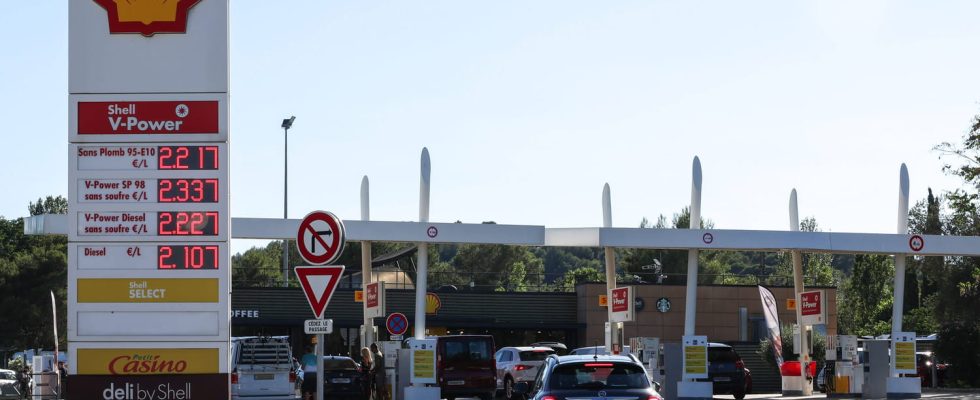Gasoline and diesel prices have been rising steadily since the start of the summer. Should we expect this surge in prices to persist at the start of the school year?
You have certainly noticed this at your expense. Since the beginning of July, filling your tank has become more and more expensive. Unfortunately – and unsurprisingly for some – the surge in fuel prices coincided with the summer holidays which saw and still see millions of French people taking the road over long distances to reach their holiday resorts. While prices at the pump had experienced several declines during the months of May and June, they have not stopped climbing since. The latest statement from the Ministry of Economy, Finance and Industrial Sovereignty indicates that the average price of a liter of diesel is 1.83 euros, an increase of 17 cents since the start of the School vacation ! If the increase in Unleaded 95 is less spectacular, by 7 cents, the liter of fuel most used by motorists flirts with 1.90 euro. And it is not uncommon, especially in large cities and especially on motorway service areas, to see it easily exceed 2 euros.
This rise in prices had been feared since the last meeting, on June 4 in Vienna (Austria), of oil-exporting countries. Faced with the sharp drop in barrel prices, the thirteen member countries of OPEC (Organization of Petroleum Exporting Countries) then decided, at the request ofSaudi Arabia, to lower their production with a view to raising oil prices. If the consequences of this decrease in production were not immediately felt, the scarcity of oil coupled with strong global demand during the summer ended up having the effect expected by black gold exporters. So much so that in France, like almost everywhere else, fuel prices suddenly soared. And the situation could be even worse in France without a cap until the end of the year on gasoline and diesel prices at Total service stations. As a reminder, the CEO of TotalEnergies, Patrick Pouyanné, announced at the end of February that prices could not exceed 1.99 euros in 2023.
So, is the increase observed in recent weeks likely to continue beyond the school holidays or can we expect a “return to normal” at the beginning of the month? of September? The recent disclosure of poor indicators on the economic health of the China, which is the largest importer of oil, has caused the price of a barrel of Brent to fall in recent days. The slowdown in growth in the country of the rising sun, whose exports are down sharply, could therefore be good news for French motorists. The price curve at the pump has a chance to reverse again in the coming weeks, although this remains to be confirmed.
